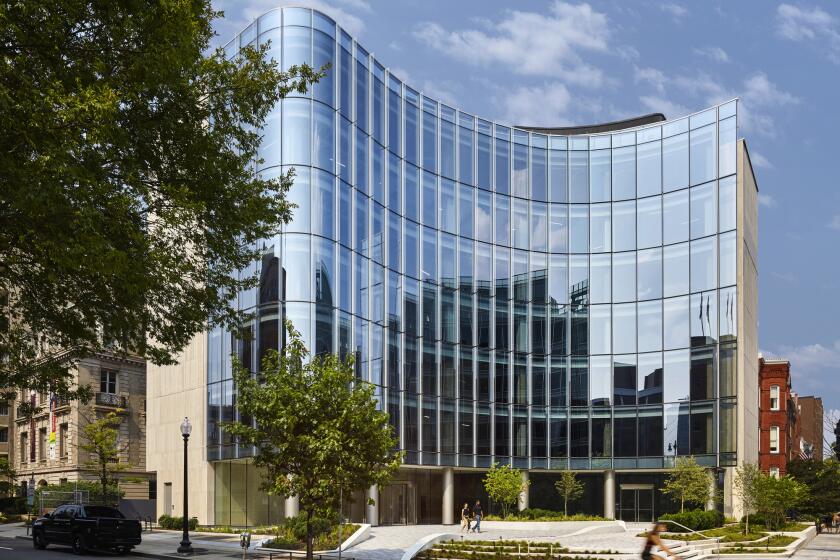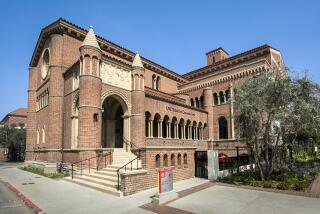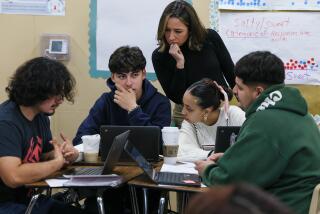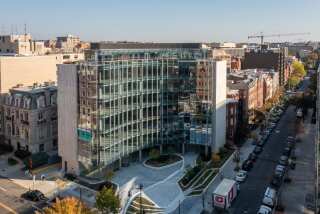English major? History student? USC wants to teach you about computer science, too
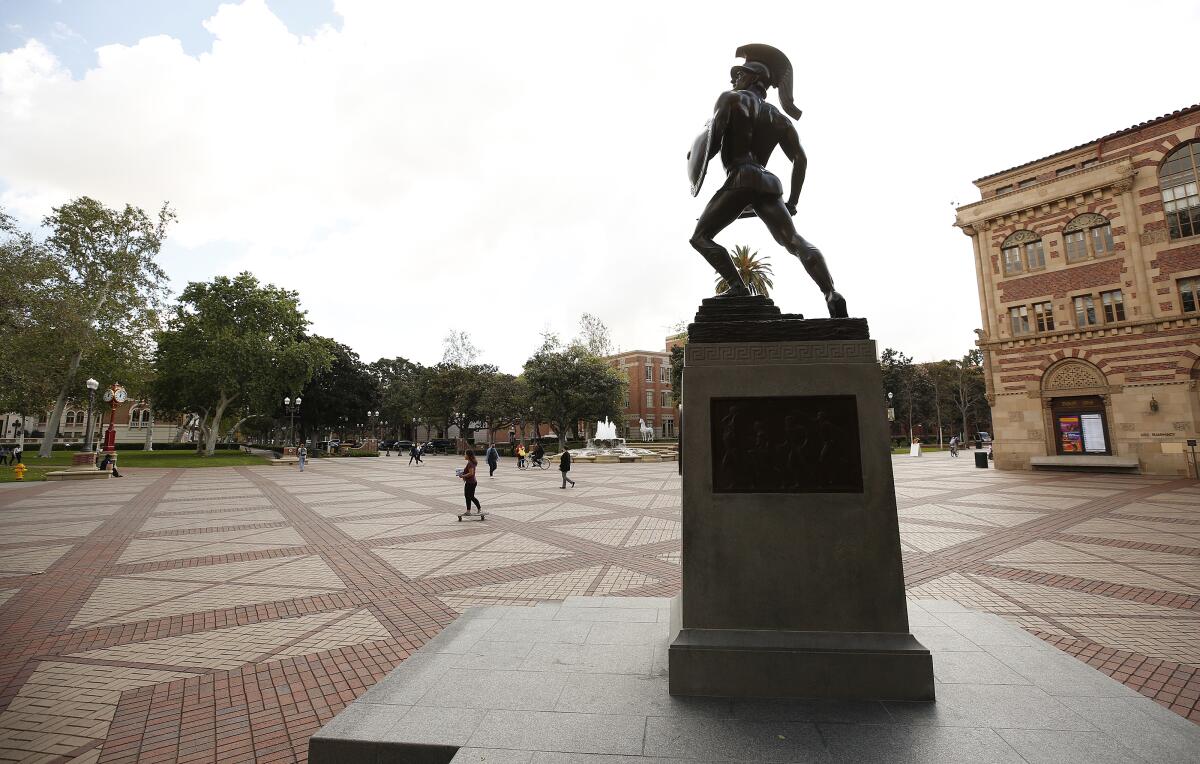
- Share via
A USC sociology, history or dance major may not be attuned to the discipline of quantum computing, but the university’s soon-to-open School of Advanced Computing will help bring computing instruction to all students — as well as dramatically expand the number of degrees it confers in technology-related fields, officials announced Thursday.
The new USC school comes at a time when jobs for computer and information research scientists are in high demand and fast-growing, projecting to increase 21% from 2021 to 2031, according to the U.S. Bureau of Labor Statistics.
The school is the cornerstone of a broader initiative called the USC Frontiers of Computing, a $1-billion plan to expand computing across the university. As part of the effort, the university also plans to infuse data science and information technology instruction in classes taken by non-computer majors — from business to the humanities — offerings that officials say will enhance students’ understanding of elements that shape the digital world across industries.
“We want to develop a digital backbone across USC that touches every student and every graduate,” said Ishwar Puri, senior vice president of research and innovation. “So when they go out into the world, they understand what computing is.”
Already this generation of digital native students are taking computer classes in high numbers. Currently, more than 5,000 undergraduate and graduate students are enrolled in computer science programs among the approximately 21,000 students, “one of the distinctions that we want to build on,” said President Carol Folt.
The University of Southern California is expanding its presence in Washington, D.C., by opening the USC Capital Campus in the city’s Dupont Circle neighborhood.
USC’s 23rd school will serve as the home for programs in computer science, data science, information technology and advanced computing when it opens in fall 2024, according to university officials. The aim is to produce graduates for jobs in technology and other high-demand fields, and also equip students across disciplines with digital literacy skills.
The university last formally opened a new school in 2019, the Iovine and Young Academy for Arts, Technology and the Business of Innovation.
The school will be located at the Dr. Allen and Charlotte Ginsburg Human-Centered Computation Hall, a seven-story, 116,000 square-foot hall currently under construction.
USC plans to hire dozens of new faculty members for the school by 2030 and award about 28,000 more undergraduate and graduate degrees in computer science over the next decade.
Once completed, the school will also house a graduate program in advanced computing and the department of computer science, which currently operates out of the Viterbi School of Engineering, said Elizabeth Graddy, interim provost.
“We’re also going to be focused on making sure they have the ethical training they need to understand the use and societal implications of these new technologies,” she said. “So what is the responsible use, for example, of AI?”
USC’s Frontiers of Compuiting effort was kick-started by a $260-million grant from the Lord Foundation of California. University officials say the venture builds on the USC-Lockheed Martin Quantum Computing Center, the first university to host and operate a commercial quantum computing system.
For the record:
6:32 p.m. May 4, 2023An earlier version of this article said that USC expected to award nearly 1,250 total undergraduate and graduate degrees in computer science. The university has since said it intends to award 1,733.
In 2021, USC conferred nearly 1,400 degrees in computer science — among the highest of the nation’s colleges and universities, according to data from the U.S. Department of Education. This spring, the university is expected to award 1,733 total undergraduate and graduate degrees in computer science.
Under the initiative, USC also plans to expand its presence in Silicon Beach, a swath of the Westside that is a hub for tech companies. The university has already established two institutes in the area — one in Marina del Rey dedicated to the study of information processing, and another in Playa Vista for creative technologies.
The plan is to have USC students spend a semester working with companies through internships or projects, according to Puri.
“It’s learning by doing,” he said.
More to Read
Sign up for Essential California
The most important California stories and recommendations in your inbox every morning.
You may occasionally receive promotional content from the Los Angeles Times.
